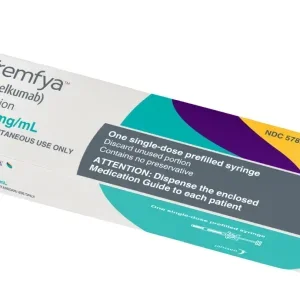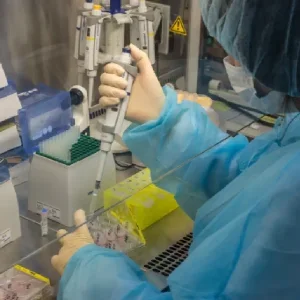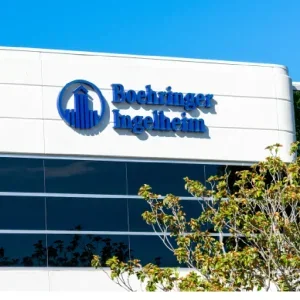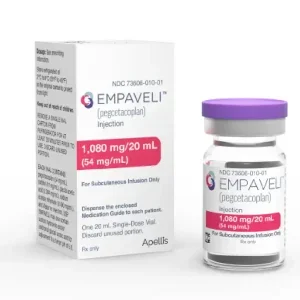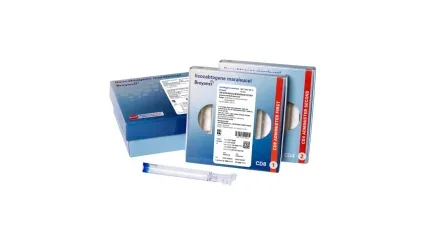
Bristol Myers Squibb has received the US Food and Drug Administration (FDA) approval for Breyanzi (lisocabtagene maraleucel; liso-cel), to treat a type of mantle cell lymphoma (MCL).
Breyanzi is a CD19-directed chimeric antigen receptor (CAR) T-cell therapy with a 4-1BB costimulatory domain, which enhances the expansion and persistence of the CAR T cells.
The drug is indicated for the treatment of relapsed or refractory MCL in adults who received at least two prior lines of systemic therapy, including a Bruton tyrosine kinase (BTK) inhibitor.
It is delivered as a one-time infusion treatment for relapsed or refractory MCL, with a single dose containing 90 to 110 x 106 CAR-positive viable T cells.
Also, the drug comes with a boxed warning regarding cytokine release syndrome (CRS), neurologic toxicities, and secondary haematological malignancies.
Bristol Myers Squibb senior vice president and commercial cell therapy head Bryan Campbell said: “With Breyanzi, we are delivering on the promise of cell therapy by offering a definitive treatment option for some of the most difficult-to-treat lymphomas.
“We are proud of the advances we are making to bring our differentiated CAR T cell therapy to the most patients across indications and lines of therapy to ensure treatment options that provide improved outcomes are available when most needed.”
The FDA approval of Breyanzi is supported by results from the MCL cohort of the TRANSCEND NHL 001 trial, which enrolled adults previously treated for relapsed or refractory MCL.
Based on the US Prescribing Information (USPI), 85.3% of the patients treated with Breyanzi responded to treatment, and 67.6% achieved a complete response (CR).
The responses, assessed as per the 2014 Lugano classification, were durable with a median time to response of one month and a median duration of response of 13.3 months.
The primary analysis showed an overall response rate of 83.1% and a CR rate of 72.3%.
Also, Breyanzi showed a consistent safety profile across clinical trials with any grade cytokine release syndrome (CRS) occurring in 54% of patients, said the US drugmaker.
TRANSCEND NHL 001 study lead investigator Michael Wang said: “There have been few advances in the treatment of relapsed or refractory MCL, and prognosis worsens for patients after each subsequent relapse, often leaving them with high disease burden and difficulty achieving deep and durable responses.
“The approval of Breyanzi offers an important new CAR T treatment option with high rates of lasting responses and a consistent safety profile, which is critically important for these patients who currently have limited options to treat this aggressive disease.”


